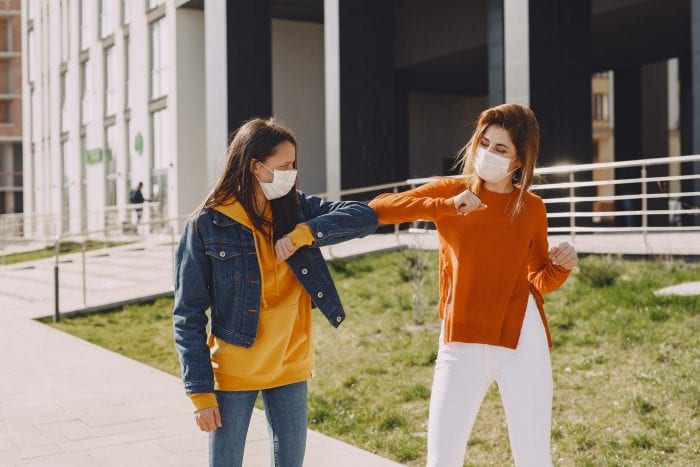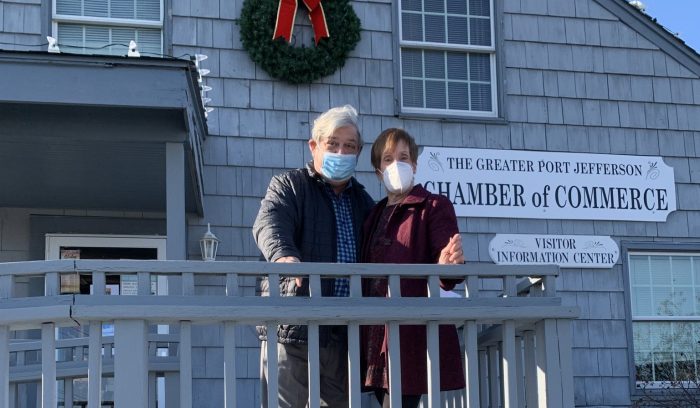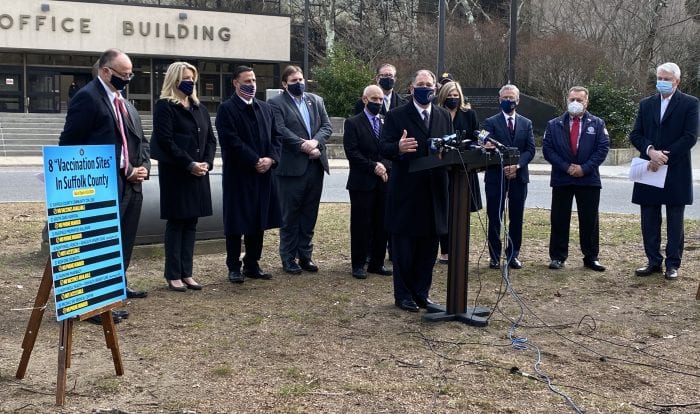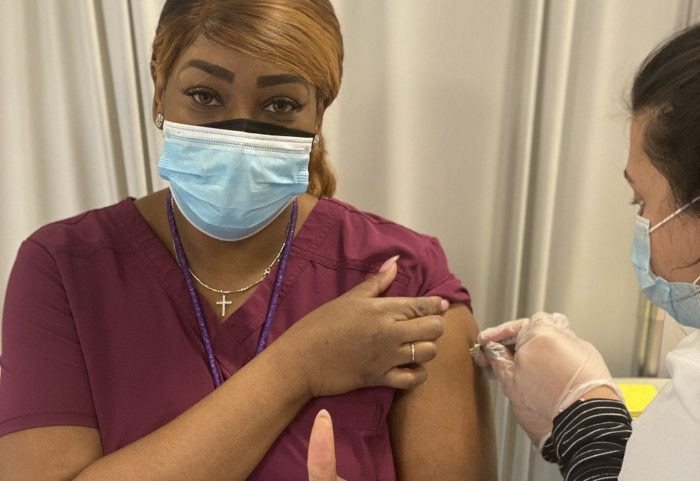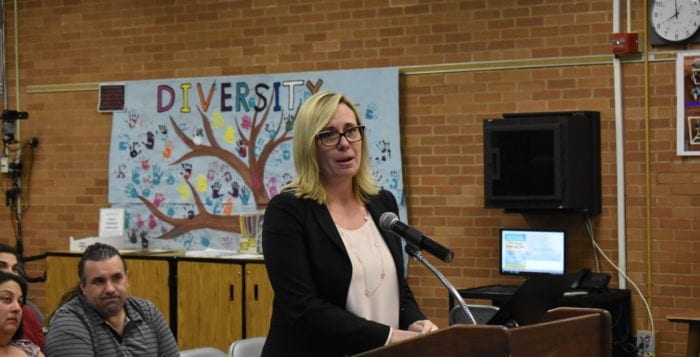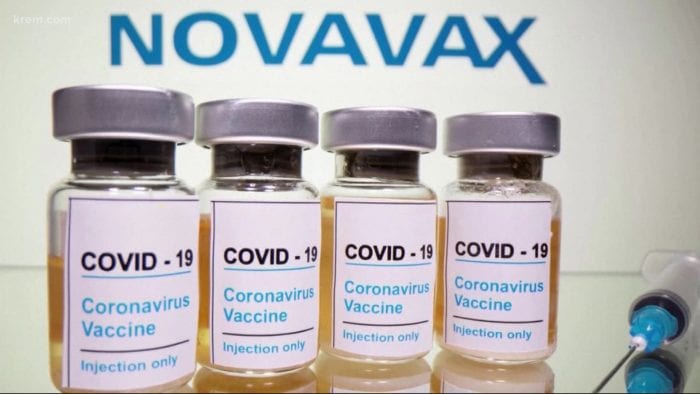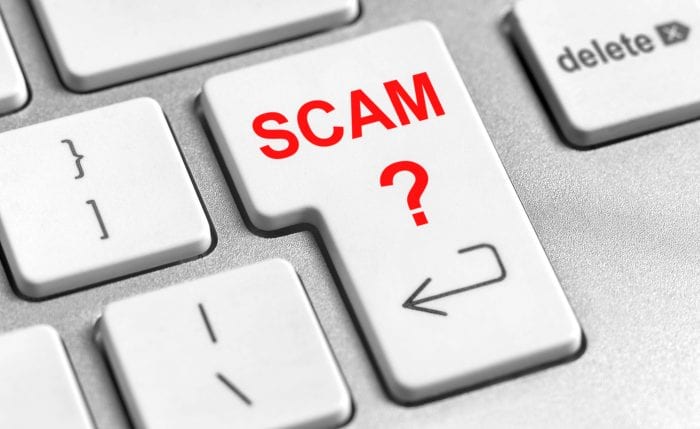By Daniel Dunaief

What do we do when we meet someone new in 2021 IRL, or, to the 12 uninitiated readers, “in real life?”
Well, for starters, we can’t and shouldn’t shake hands. That ritual is probably long gone. Maybe the Japanese were right with bowing. If handshakes are out, hugs, even for those we might have been speaking to for months during the isolated pandemic, are absolutely forbidden.
If we can’t hug grandma, grandpa and other relatives we’ve known most or all of our lives, we certainly can’t hug, even casually, someone new.
Ideally, we’d stand somewhere between six and 60 feet away from them, especially if we’re inside. That could be problematic for people who can’t hear all that well and who don’t have the benefit of reading anyone’s lips anymore.
In fact, I’m thinking of going into the business of selling those Mission Impossible voice changers. If you’ve seen the movies, you know that the Tom Cruise teams can change their voices to sound like everyone else. Most of us who have heard our own voices on voicemail would like a few moments to sound more like James Earl Jones or Scarlett Johansson. Maybe we like our own voice, but we’d prefer to have a British, Australian or New Zealand accent. We could change our accents, the way we change the navigational voice on Siri and ask people if they know where we’re pretending we were raised.
Now, what we discuss is a bit tricky in the hypersensitive, polarized world of 2021. Someone who’s walking a dog most likely would be happy to talk about their four-footed companion.
I’ve been surprised by the type of questions and information people seek when they talk about my dog. People have asked not only how old he is, but also how much he weighs, as if dogs around his size are in some kind of modeling contest. Fortunately, my dog doesn’t seem particularly concerned about his weight, as he demonstrates regularly with a feverish appetite for everything from broccoli to french fries to cat vomit. Yes, he eats cat vomit, which means that if I cook something he won’t eat, he thinks it tastes worse than cat vomit, a notion that delights my teenage children.
Now, if you’re thinking about politics, you probably should keep that to yourself. Unless someone is wearing a MAGA hat or has some version of Dump Trump on a T-shirt, it’s tough to know where they stand on the plate tectonic sized political divide.
We can talk about sports, but we run the risk of someone telling us how irrelevant sports is in the modern world during a pandemic or how they wish they could return to the age when sports mattered.
Children seem like fair game, although we have to watch out for many age-related minefields.
My son, for example, is a senior in high school. Some parents are happy to tell you all the colleges that accepted and rejected their children, while others are content to share what city or even what coast intrigues their progeny, as in, “yes, my son has only applied to schools on the East Coast or in states with fewer than seven letters” (there are nine states in that category, by the way).
So, where does that leave us in the strange world where we’re all putting on masks before we go into a bank (imagine taking a time machine from 1999 and seeing those entering a bank without masks getting into trouble?) Well, the weather is often safe, as are dogs, the disruption the pandemic caused and, generally speaking, children.

